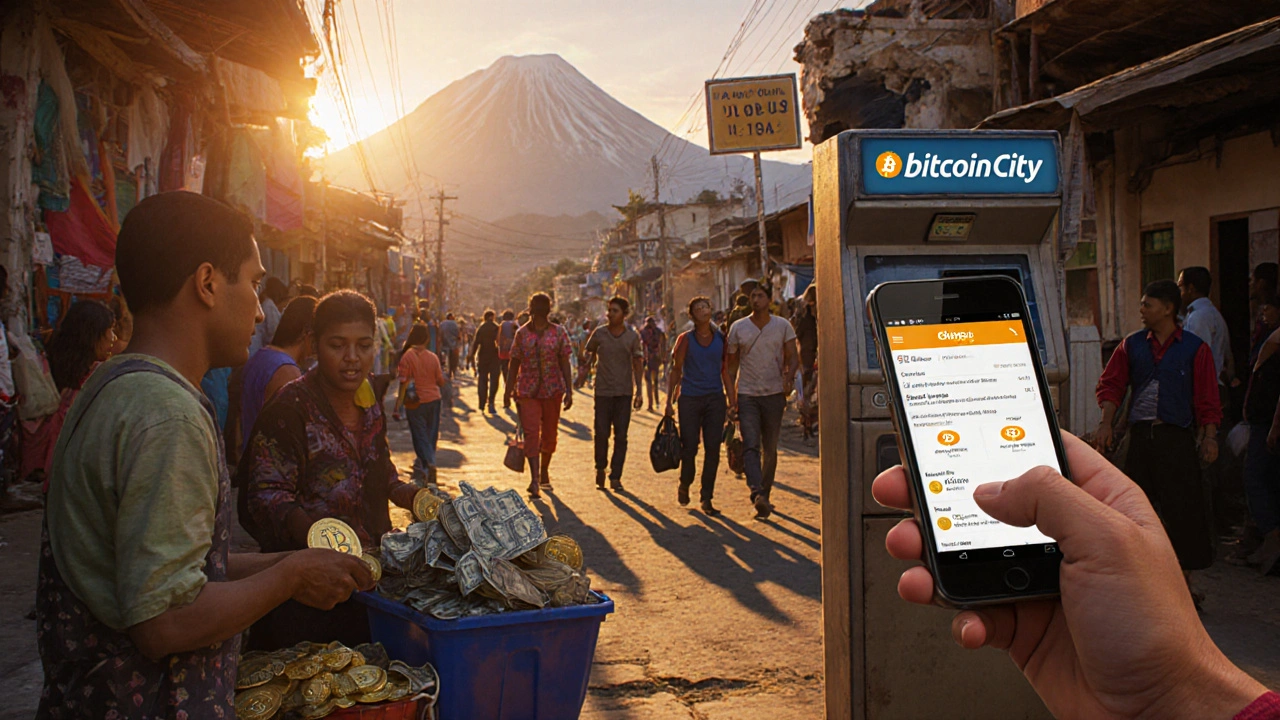Bitcoin Legal Tender: What It Means and Where It's Changing Finance
When a country makes Bitcoin legal tender, it becomes official money that businesses must accept for goods and services, just like dollars or euros. Also known as digital currency with legal status, it’s not just another investment—it’s a shift in how money works. This isn’t theoretical. El Salvador made Bitcoin legal tender in 2021, and since then, people there use it to pay for coffee, bus rides, and even taxes. It’s not about speculation—it’s about access. For millions without bank accounts, Bitcoin offers a way to send money, save, and trade without needing a traditional financial system.
What makes Bitcoin legal tender, a form of decentralized digital money that runs on a public ledger called the blockchain. Also known as peer-to-peer cash, it doesn’t need banks to move value. That’s why countries with unstable currencies or weak financial infrastructure see it as a tool for financial inclusion. But it’s not without friction. Price swings, regulatory uncertainty, and technical barriers still hold back wider use. Still, the core idea remains: money shouldn’t need permission to work. Related to this are cryptocurrency legality, the varying rules around using digital assets as payment across different governments. Some nations ban it outright. Others tax it like property. A few, like El Salvador and the Central African Republic, treat it as real money. The difference isn’t just policy—it’s power. When Bitcoin is legal tender, ordinary people gain control over their own money.
And it’s not just about countries. Businesses that accept Bitcoin as payment are choosing a different financial model—one with lower fees, faster settlements, and no chargebacks. This connects directly to the rise of digital currency laws, the legal frameworks being built to define how crypto fits into existing financial systems. These laws are still being written, and the outcomes will shape whether Bitcoin becomes a niche curiosity or a global alternative to traditional cash.
What you’ll find in the posts below isn’t hype or speculation. It’s real analysis of how Bitcoin legal tender is playing out on the ground, what it means for everyday people, and how it ties into broader trends in finance—from stablecoins and DeFi to the future of money itself. No theory. No fluff. Just what’s actually happening as the world rethinks money.
International Crypto Policy Map: From El Salvador’s Legal Tender to China’s Restrictions
- Lorcan Sterling
- 10 Comments
El Salvador made Bitcoin legal tender; China banned it entirely. This article explores how these extreme policies shaped the global crypto landscape-and what the middle path of regulation like MiCA means for the future.
Read more

